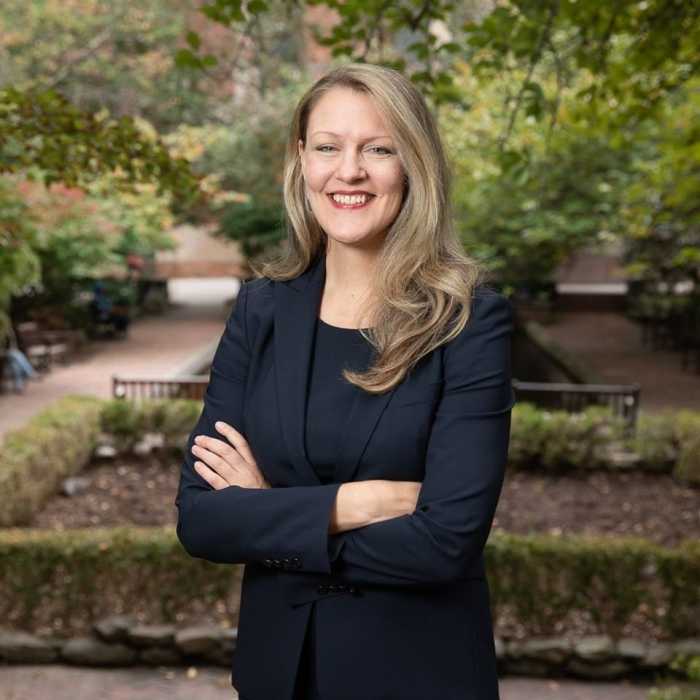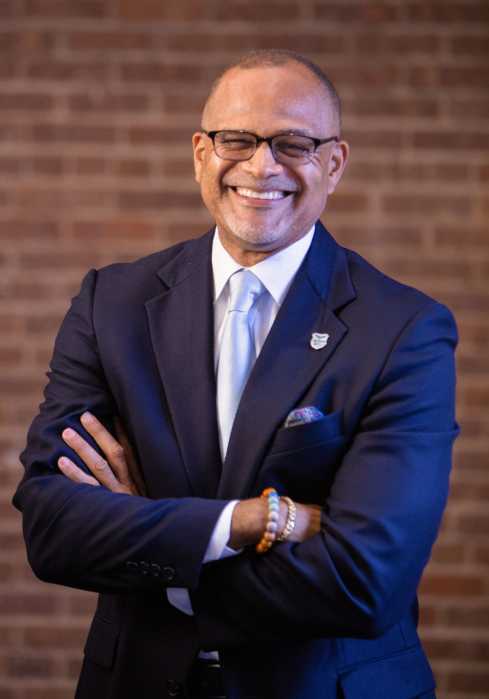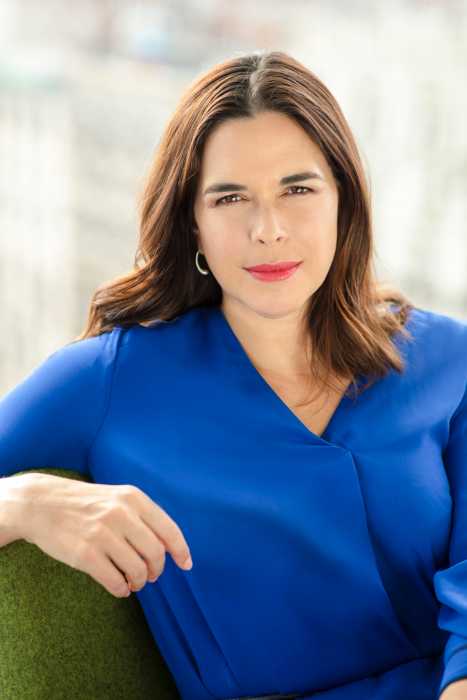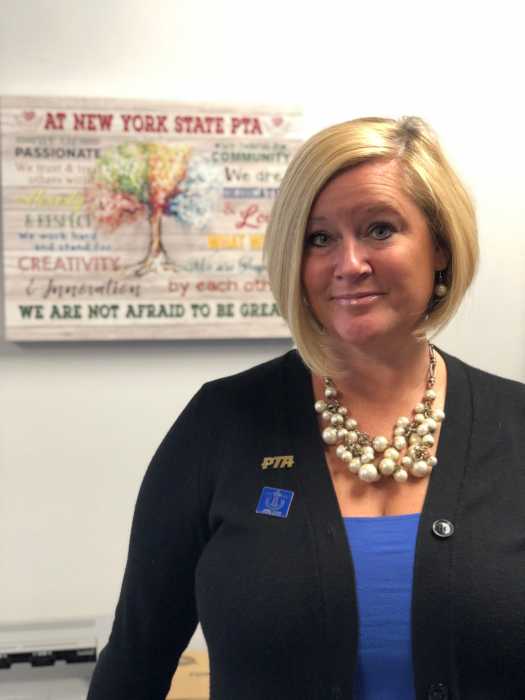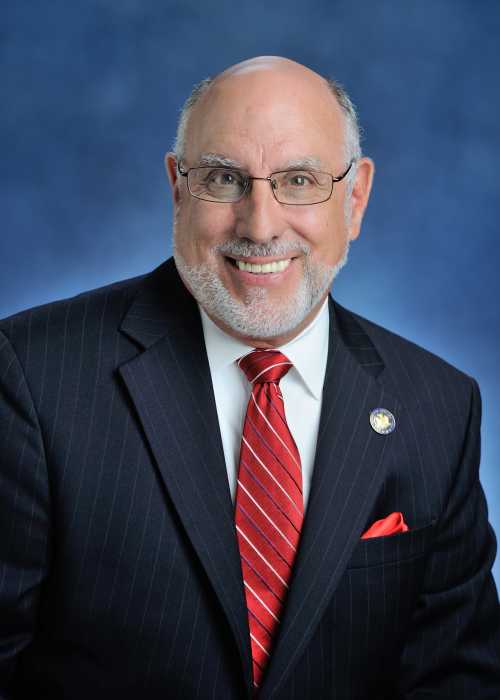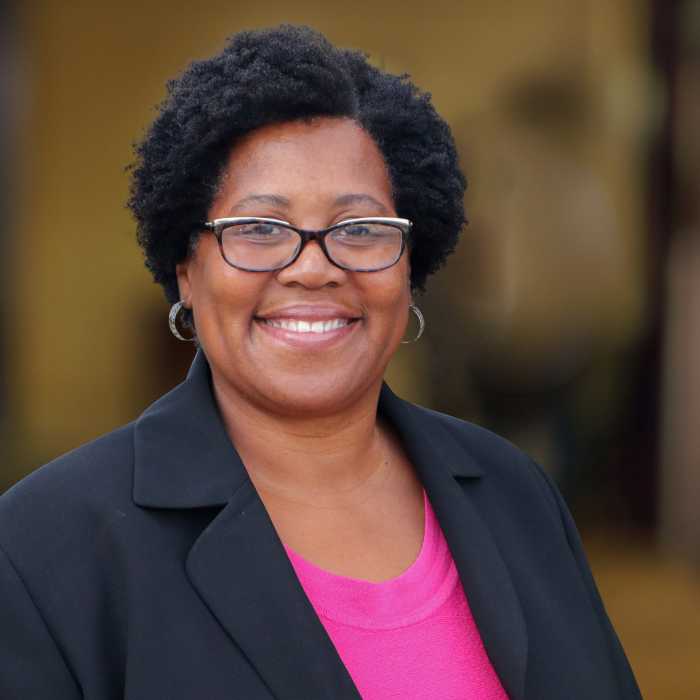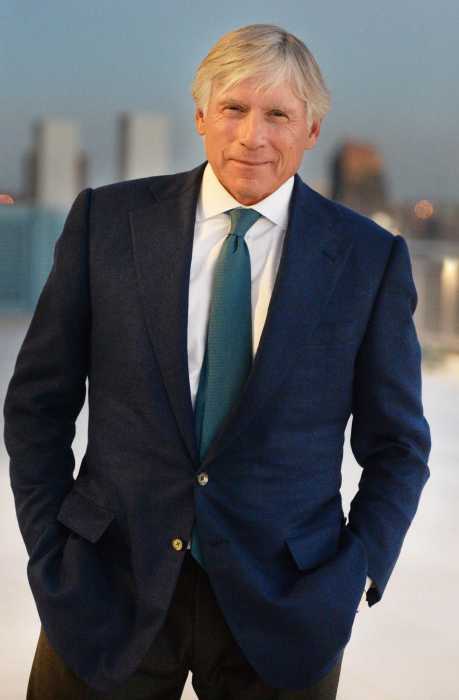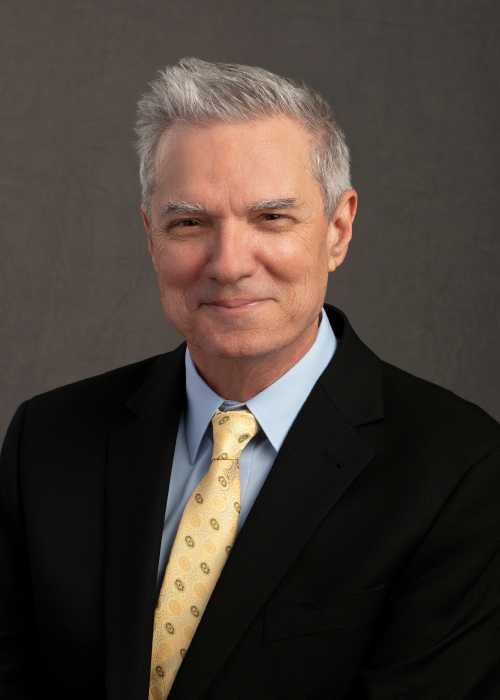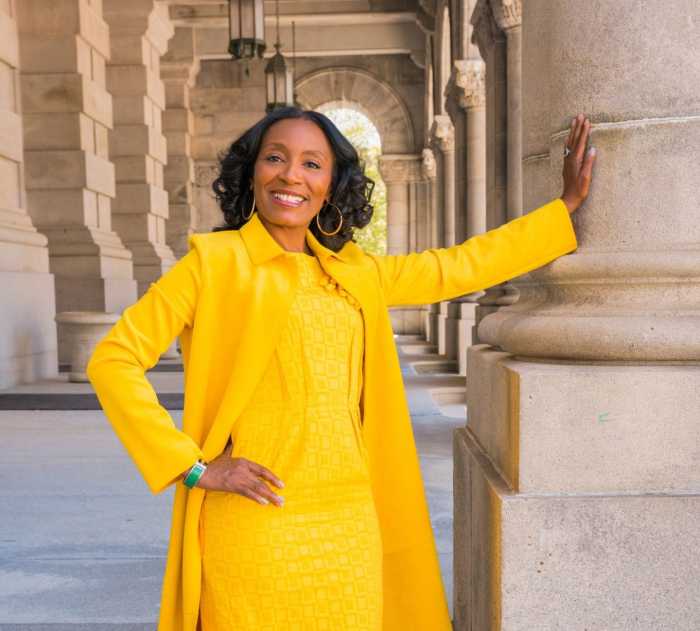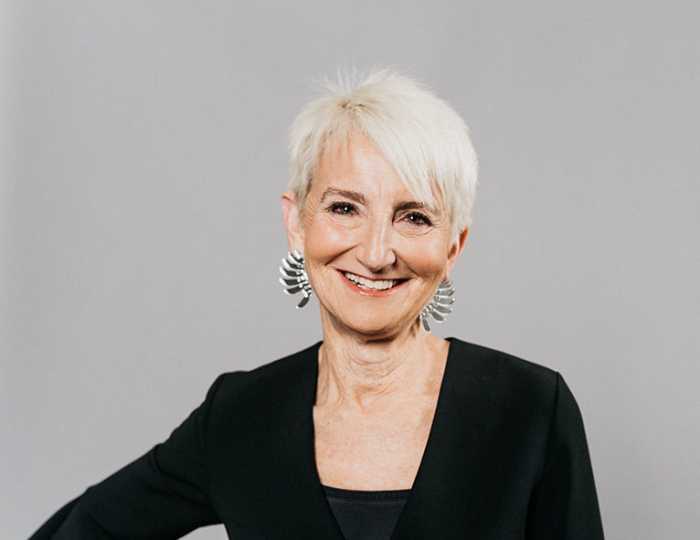Michelle J. Anderson was named the 10th president of Brooklyn College in 2016. Since that time, she has led the college in launching new initiatives, including the Brooklyn College Cancer Center and the Healthcare Career Hub. Under her leadership, the college has expanded funding for paid internships, increased graduation rates, enhanced faculty and leadership diversity, and improved faculty mentoring.
President Anderson has led the college through a time of excellent recognition, including being ranked in U.S. News & World Report as the No. 1 “Most Ethnically Diverse College” in the Northeast every year since 2019, as well as being named as one of the “Best Value Colleges” in the nation by The Princeton Review over the same period.
Since the onset of the pandemic, President Anderson has worked tirelessly to keep all members of the campus community safe and to ensure that the students have what they need to succeed.
What can New York policymakers do to ensure equitable access to quality education?
Substantial investment in public higher education is key to ensuring equitable access to quality education, as well as a more equitable society.
What conditions or resources are conducive to a safe and effective learning environment?
Brooklyn College’s commitment to student success ensures a safe and effective learning environment. The College serves students from all backgrounds, with a particular focus on immigrants and first-generation college students, and is nationally ranked for both diversity and socioeconomic mobility. Its first-rate faculty are leaders in their scholarly fields, and its caring environment allows students to thrive.
Describe a learning experience from your own education that stands out.
I had an English teacher in the 9th grade, Miss Chappell, who took the written word seriously. In her class we read challenging literature, traced themes, and she even helped us question the meaning of life. I read and wrote more than ever before. Miss Chappell was my first teacher who saw her central task as nurturing my intellect. She changed how I saw myself, and I will never forget her.


